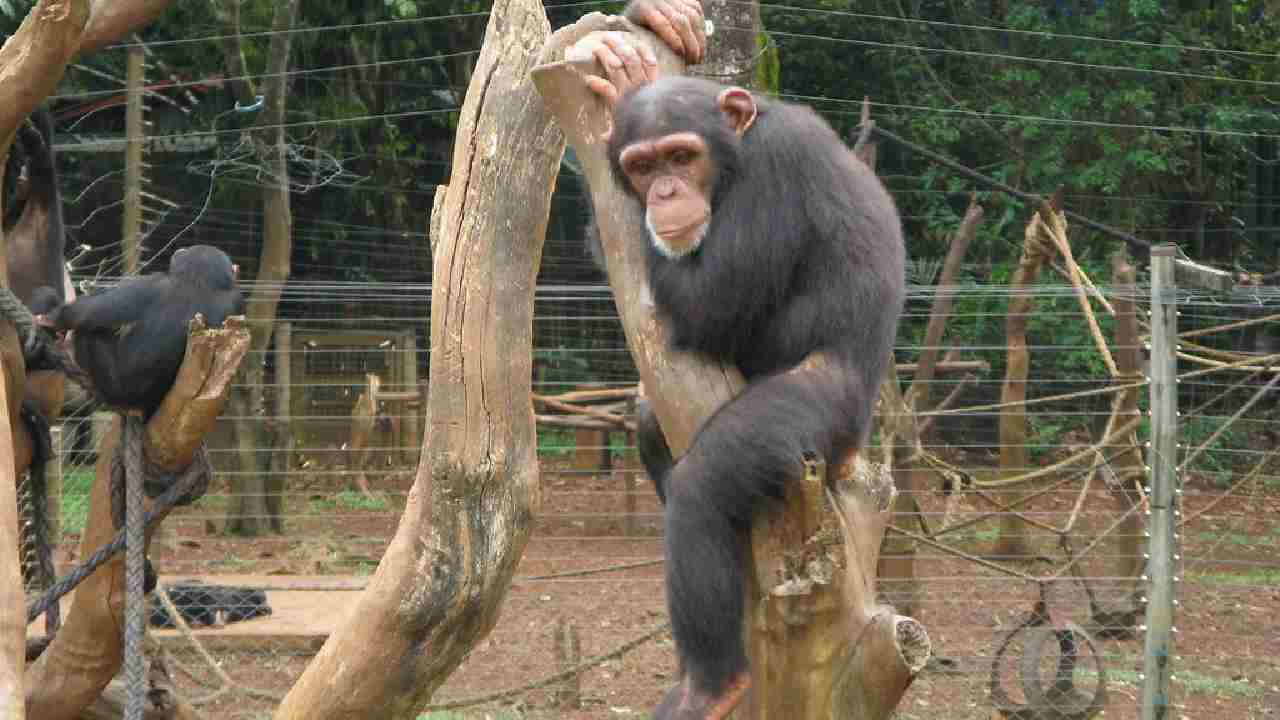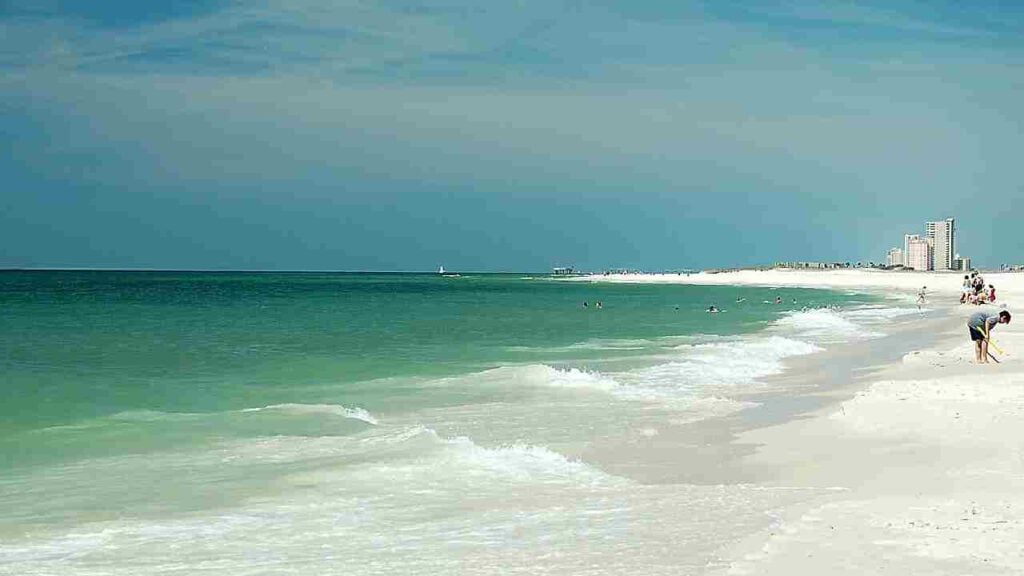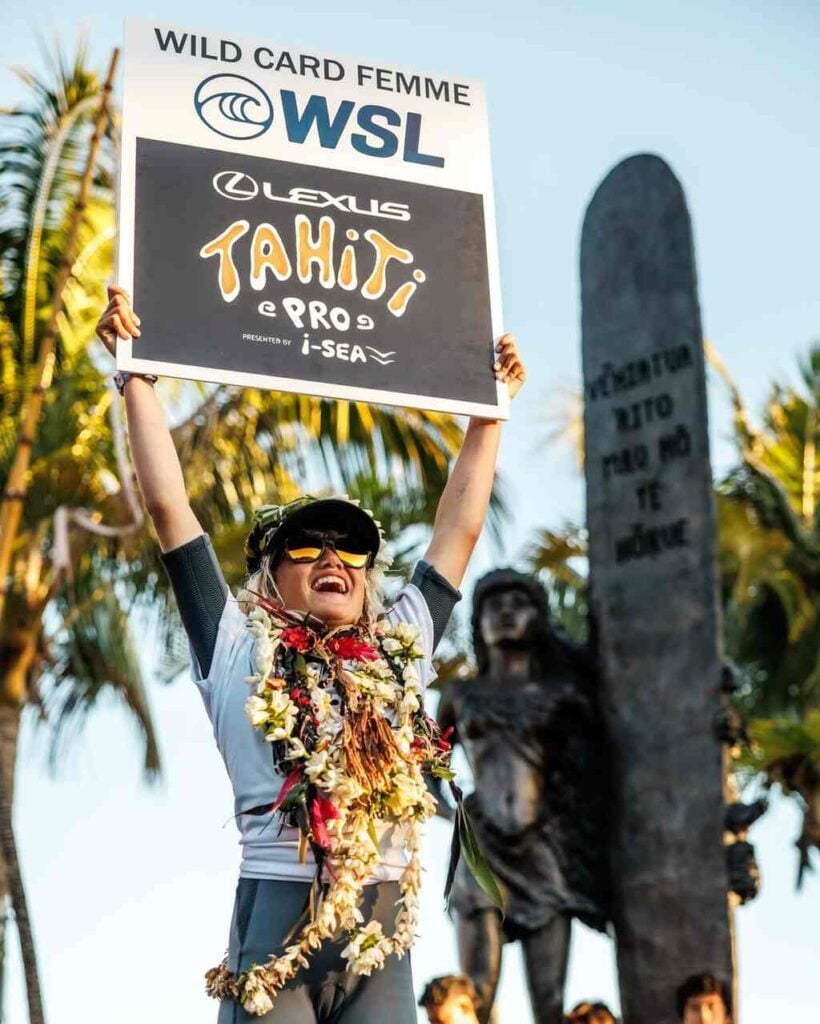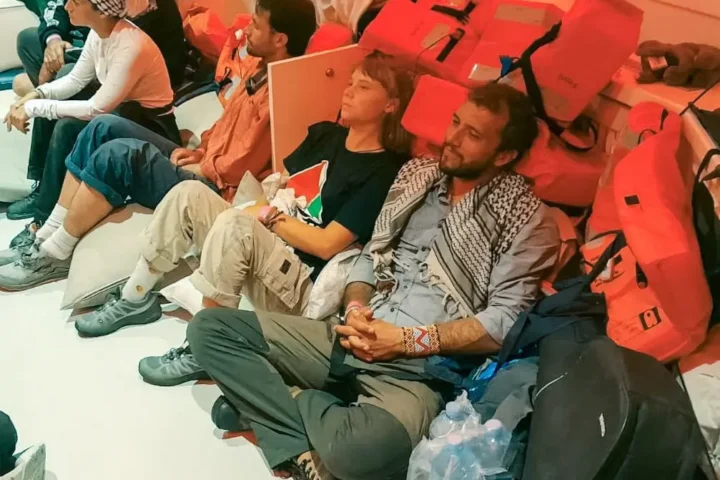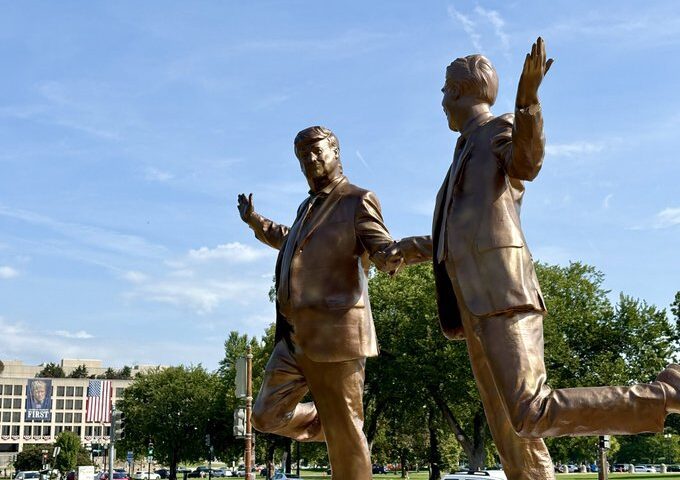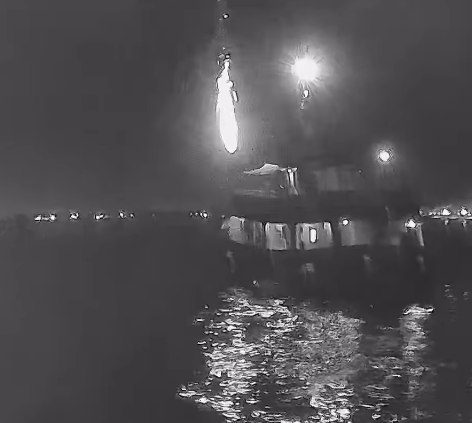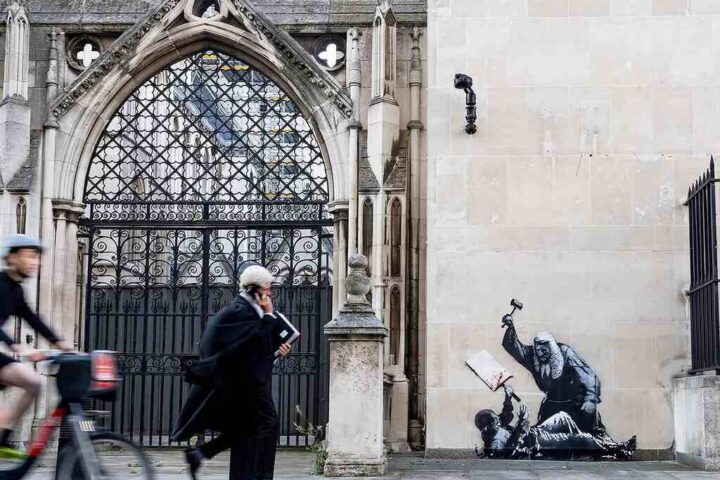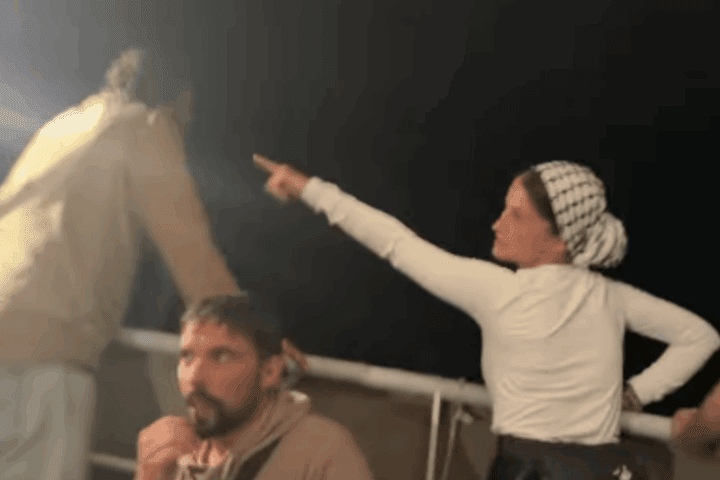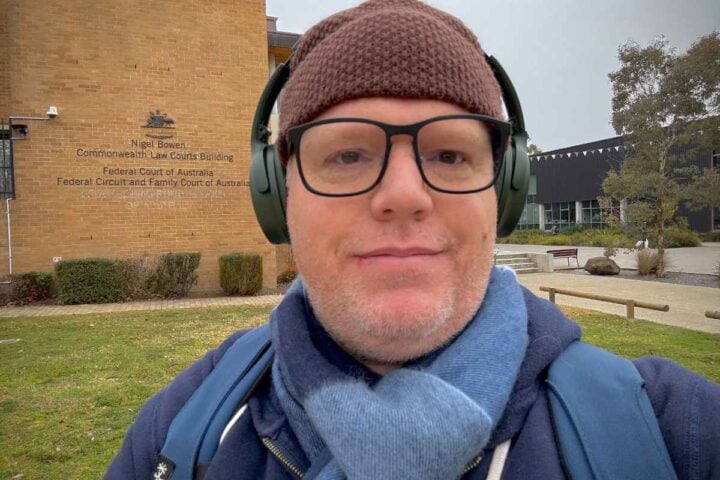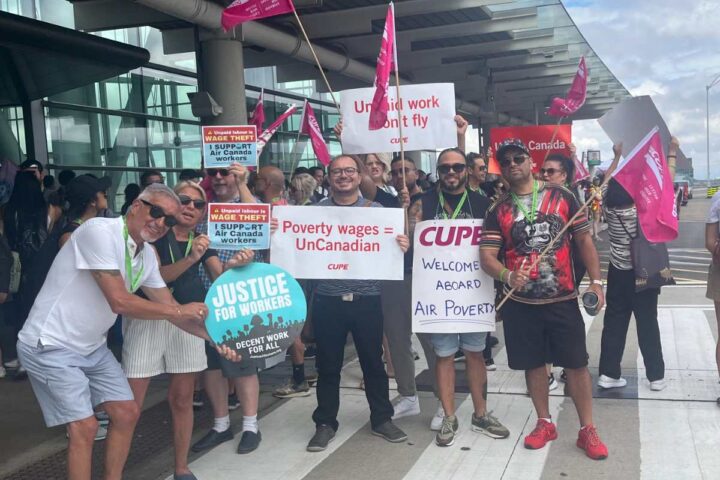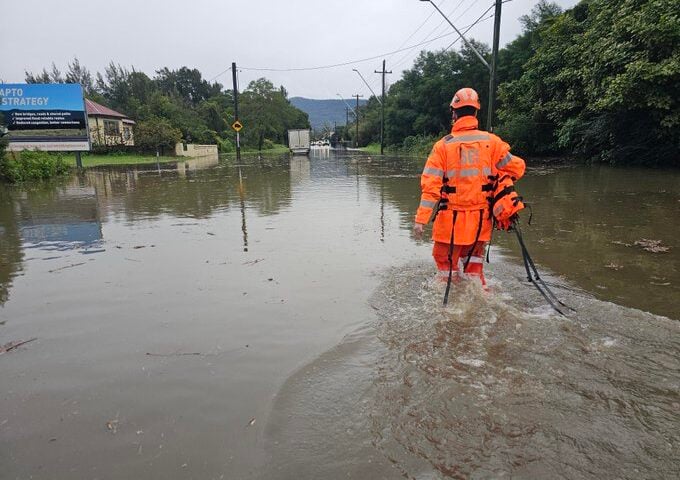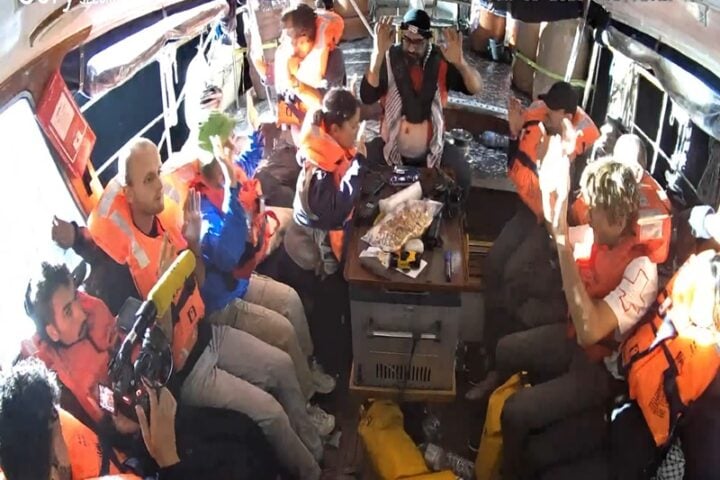West Africa’s largest chimpanzee refuge has remained closed to tourists for more than two months. The Tacugama Chimpanzee Sanctuary, nestled in Sierra Leone’s Western Area Peninsula National Park, halted all tourism operations after founder Bala Amarasekaran began a protest against unchecked forest loss encroaching on vital wildlife habitat.
“There’s nothing else—land grabbing, period,” Amarasekaran told Reuters, pointing to illegal logging and unregulated development as direct threats to the sanctuary’s more than 100 resident chimpanzees.
Forest Fragmentation Accelerates
Sierra Leone has lost 2.17 million hectares of tree cover since 2001—representing 39% of its forest canopy—according to Global Forest Watch data. The Western Area Peninsula, which serves as a critical biodiversity corridor surrounding Tacugama, has seen approximately 10,000 hectares of primary forest disappear during this period.
This habitat fragmentation directly impacts the critically endangered species Western chimpanzee (Pan troglodytes verus), already facing population decline throughout its range. Chimps require large, intact forest blocks for foraging, nesting, and maintaining viable social groups.
Ecosystem Services Under Threat
The forest destruction carries implications beyond wildlife concerns. The Western Area Peninsula National Park functions as Freetown’s primary watershed, supplying approximately 90% of the water for the Guma Dam that provides drinking water to the capital city.
Forest clearing on steep slopes accelerates soil erosion, reducing the land’s capacity to absorb and filter water. The 2017 mudslide on Mount Sugar Loaf, which claimed nearly 1,000 lives, demonstrated the lethal consequences of watershed degradation, according to a 2019 Geological Society of London study linking the disaster to deforestation and unchecked development.
Primates at Risk
Amarasekaran reports that unauthorized land clearing has moved dangerously close to the sanctuary’s boundaries in recent months, creating direct safety concerns.
“(Deforestation) is really threatening the sanctuary’s existence, because it’s too dangerous when people come close to a wildlife preserve like this,” he explained to Reuters.
Chimpanzee muscle performance is estimated at roughly 1.3–1.5 times that of humans, and they can respond aggressively when threatened, underscoring the need for proper buffer zones between human activities and their habitat.
Similar Posts
Conservation Response
Sierra Leone’s Information Minister Chernor Bah acknowledged the legitimacy of Tacugama’s concerns. “We regret that the Tacugama authorities have taken the step that they have taken to shut down here, but it’s one that we understand.”
President Julius Maada Bio’s administration has dispatched a task force to conduct raids against illegal logging operations, though Amarasekaran maintains more comprehensive enforcement is needed.
Recent conservation initiatives include:
- The Western Area Peninsula Water Fund established in February 2024 with an initial $2 million investment toward a $20 million goal for watershed protection
- A $2.7 million GEF-funded project launched May 13, 2025 by the Environment Protection Agency and Conservation International to strengthen environmental regulations
- Environment Minister Jiwoh Abdulai’s public warning in June 2025 against continued encroachment into protected area
Sanctuary Origins
Tacugama began in 1995 after Amarasekaran rescued a baby chimpanzee being sold alongside a road. The sanctuary has since developed into a rehabilitation center for over 100 orphaned and confiscated chimpanzees, while conducting community outreach and environmental education programs.
In recent years, Tacugama hosted several thousand visitors annually via its eco-lodges and employed dozens of local staff, providing income and jobs to surrounding communities.
Reopening Conditions
Amarasekaran maintains that Tacugama will remain closed until authorities implement effective measures to stop forest encroachment and establish proper buffer zones around the sanctuary.
The protest highlights ongoing challenges in balancing human development needs with biodiversity conservation in one of West Africa’s most densely populated countries. The sanctuary’s closure coincides with Sierra Leone’s recent conservation policy announcements, including community forestry initiatives and strengthened protected area enforcement.
The report covered the sanctuary’s closure, the extent of nearby deforestation, the connection to water security, and conservation measures underway. It presented background on Tacugama’s founding, documented threats to resident primates, and outlined government responses to the situation.
